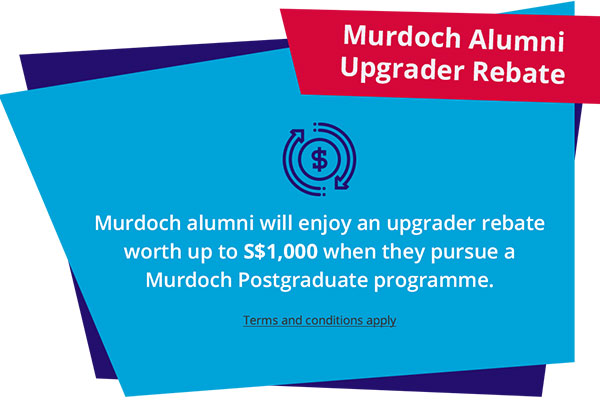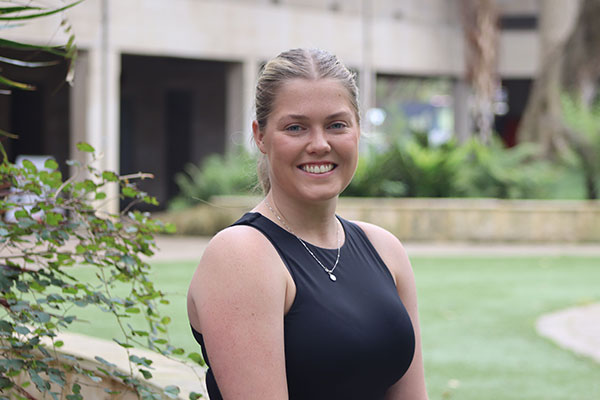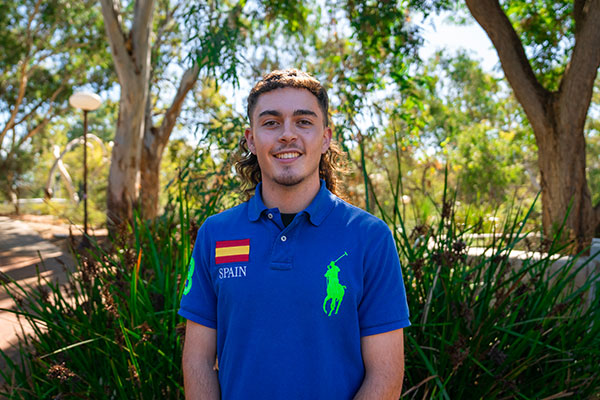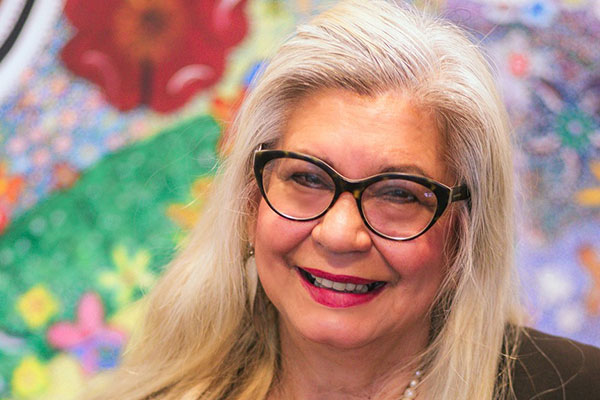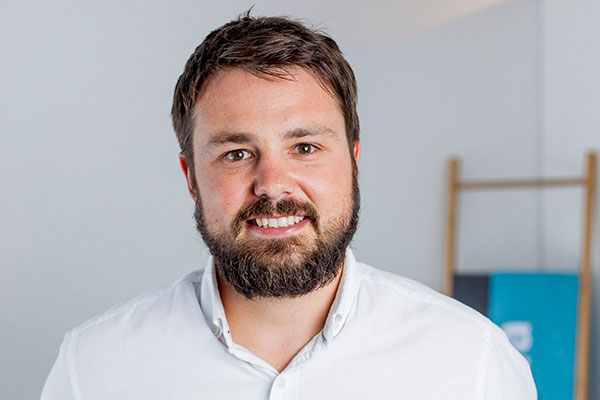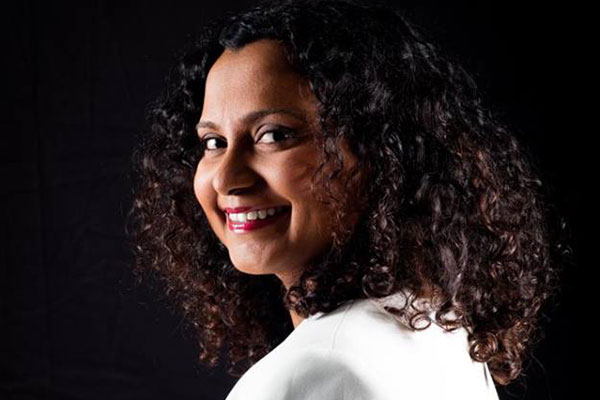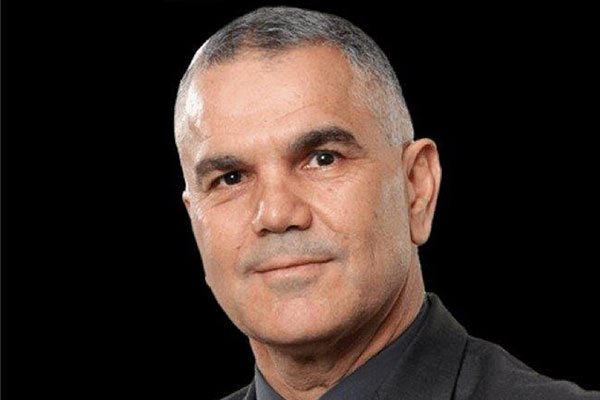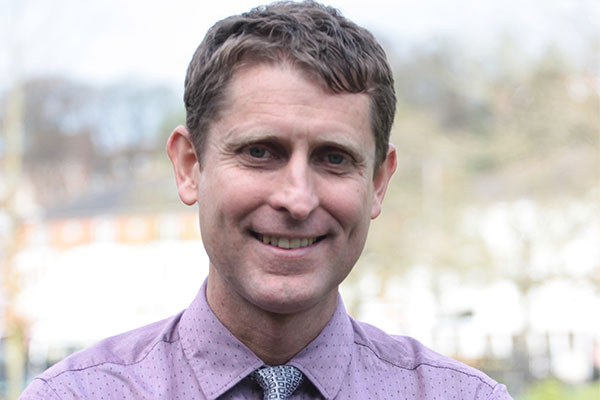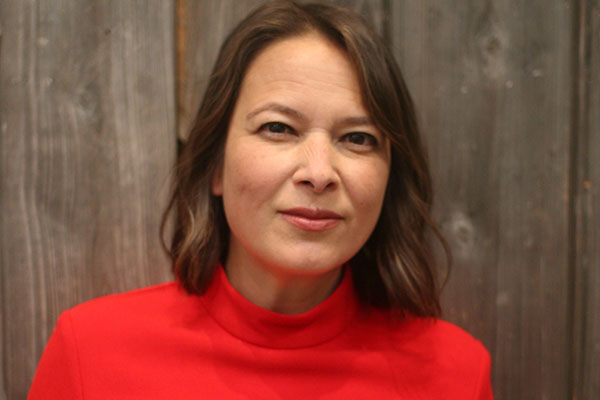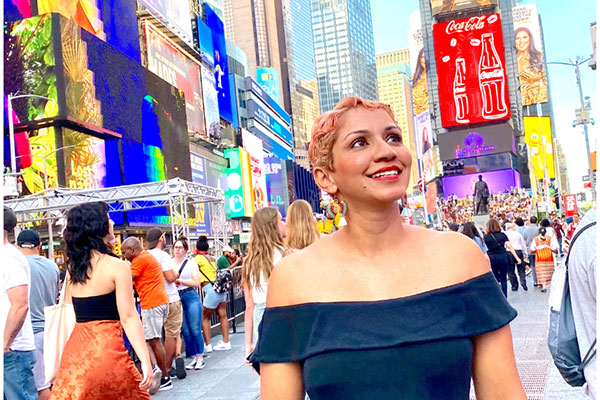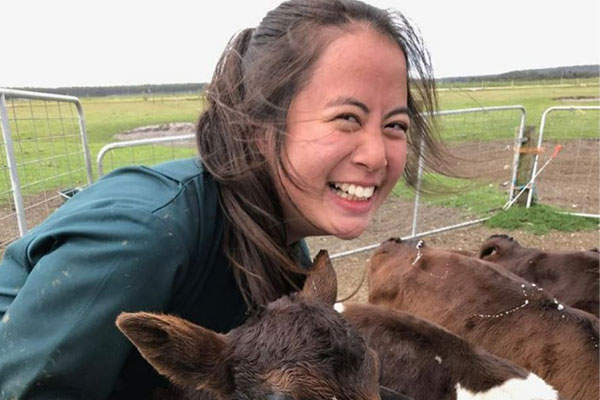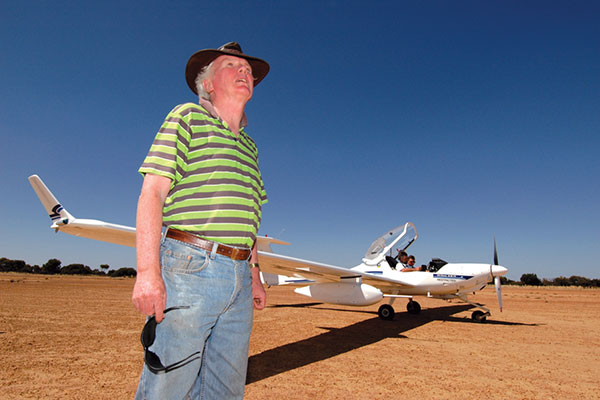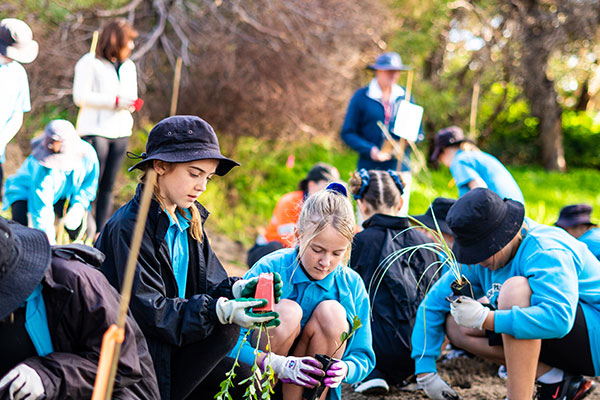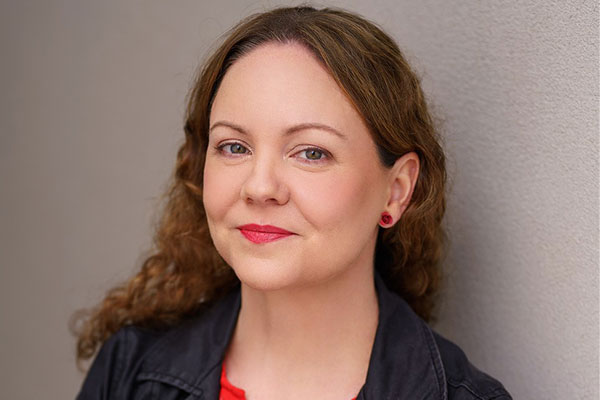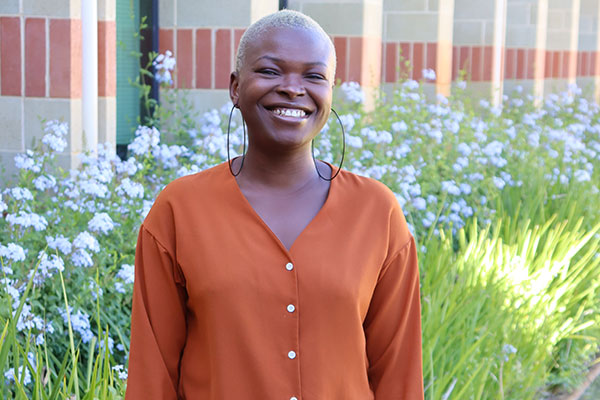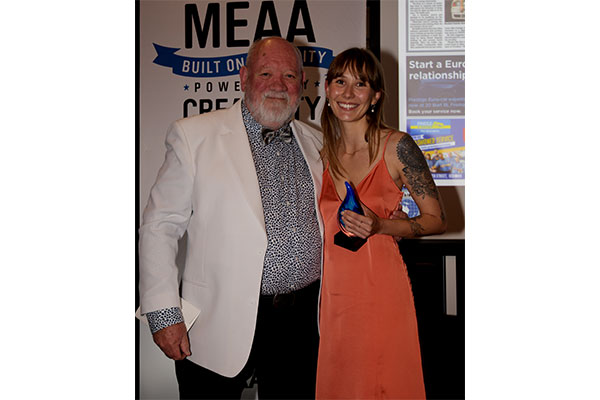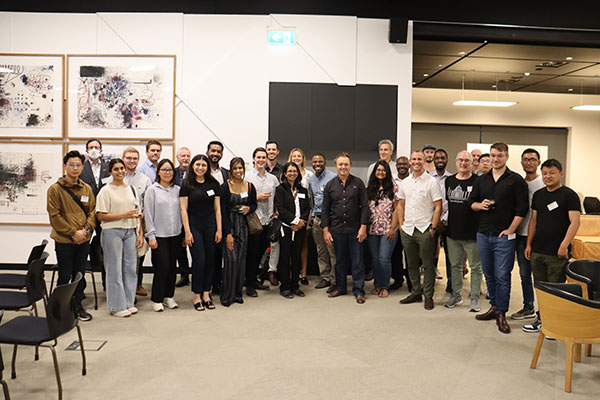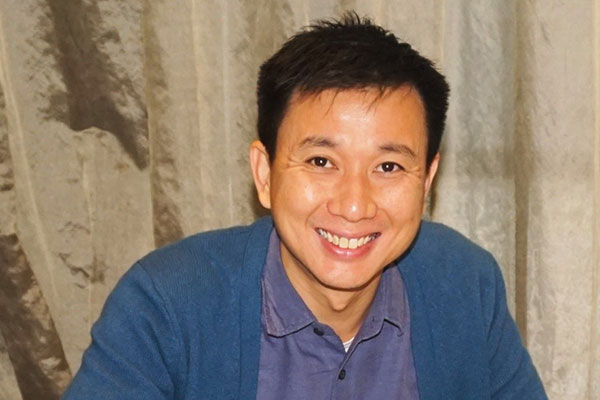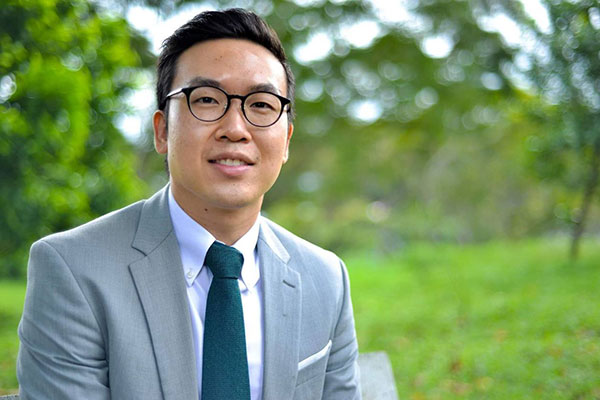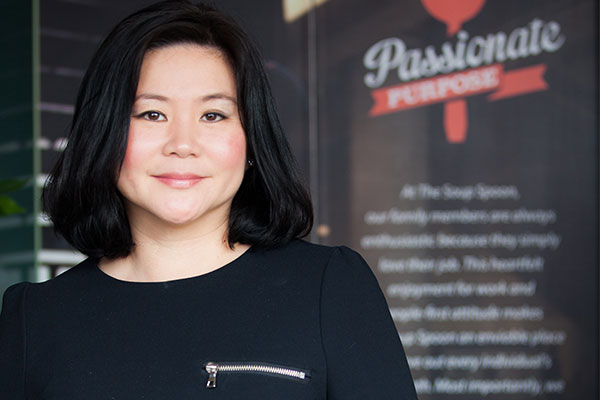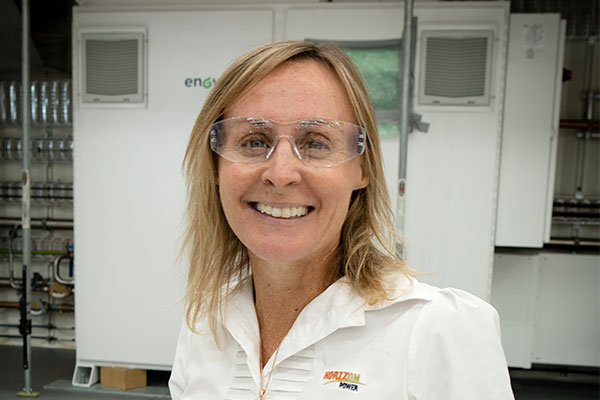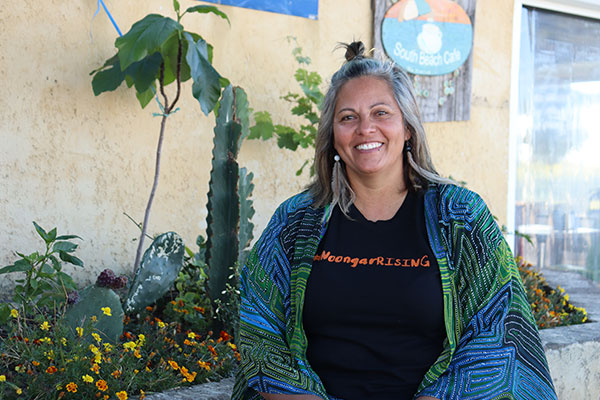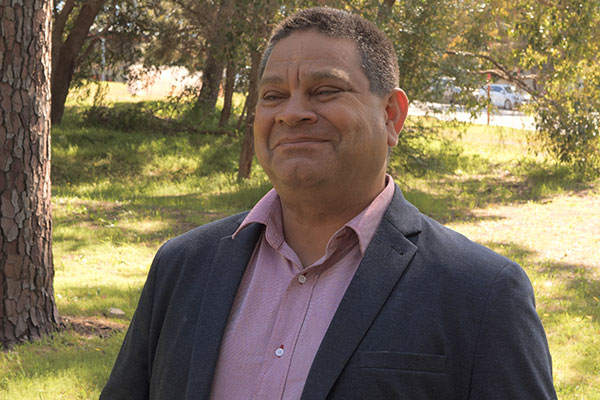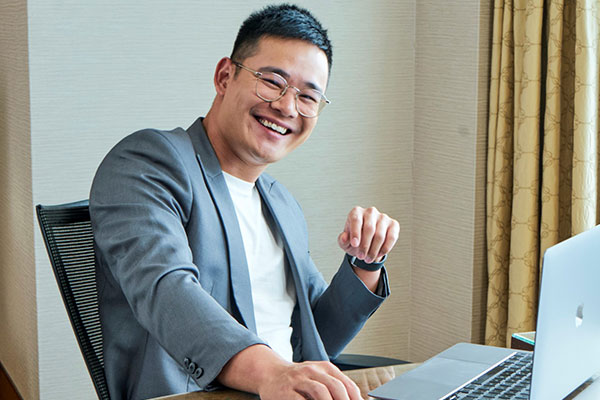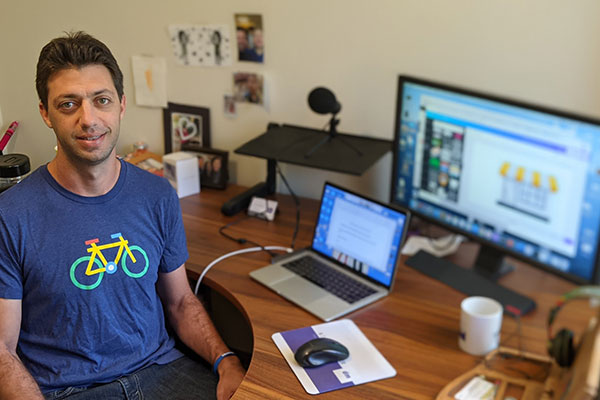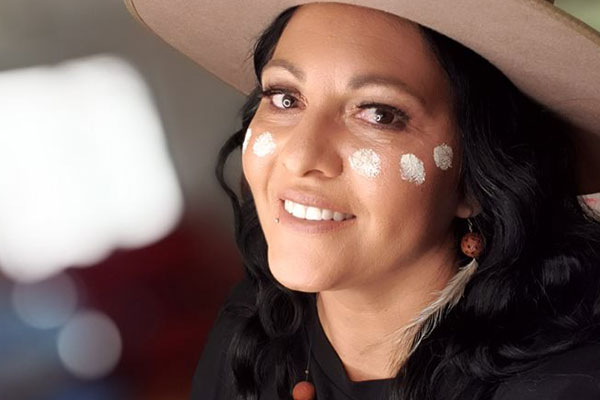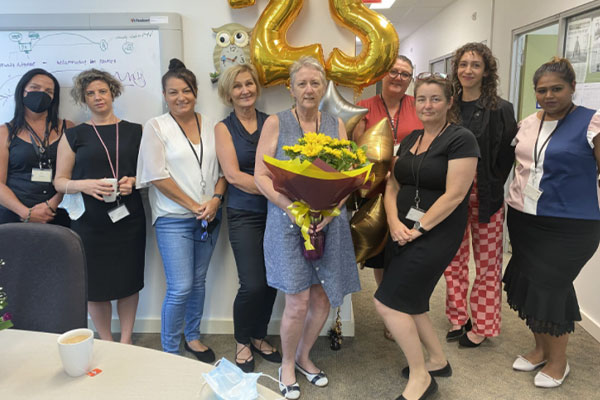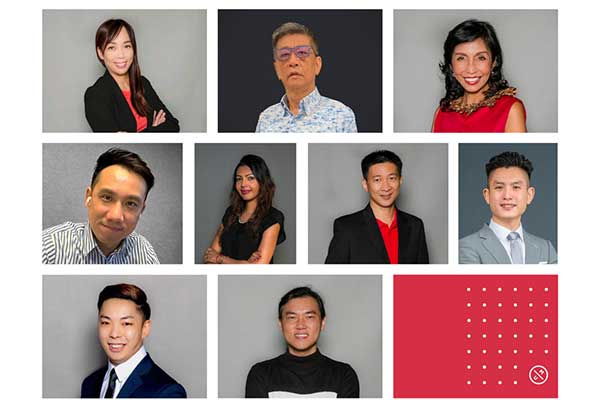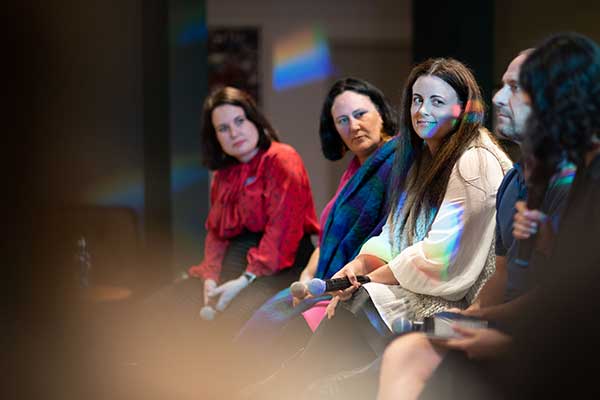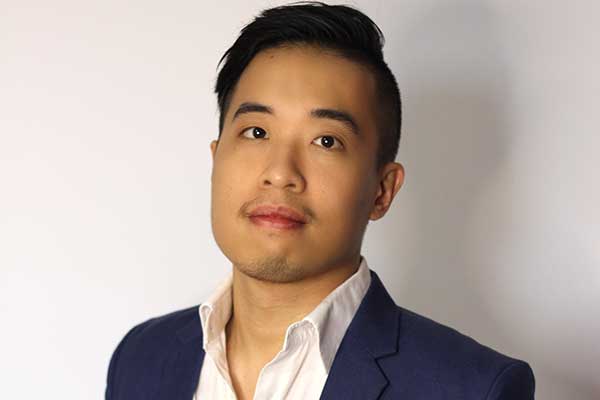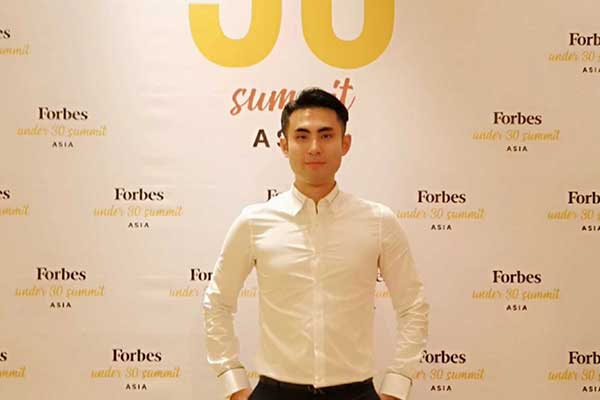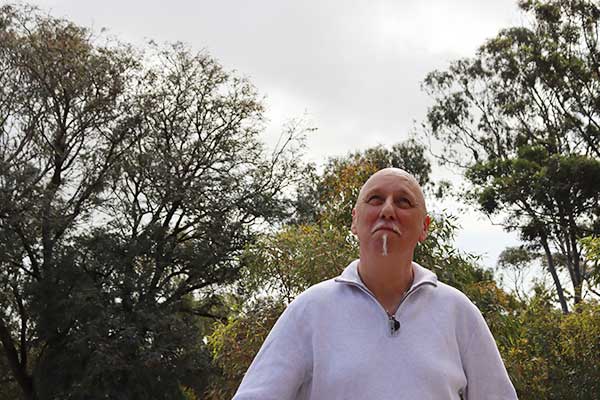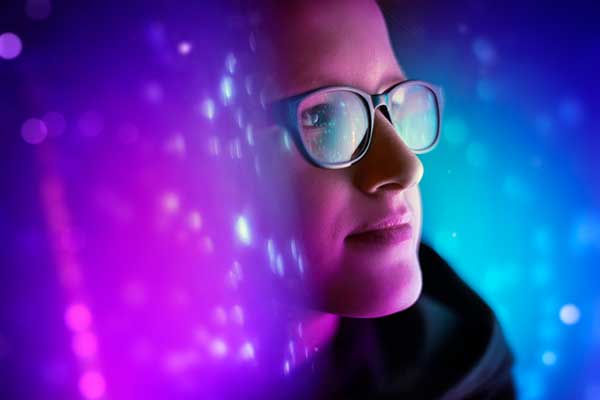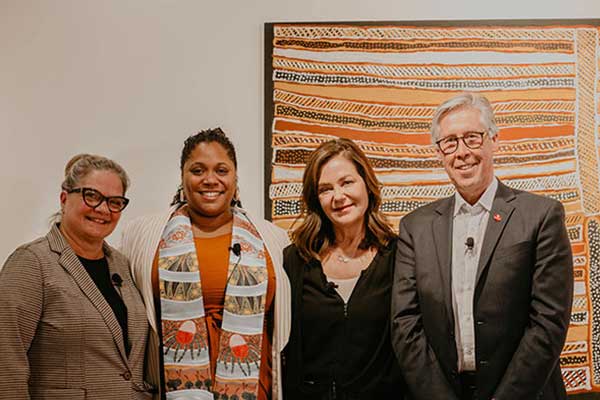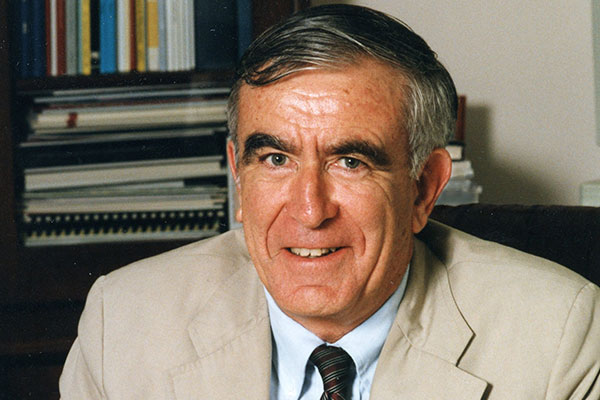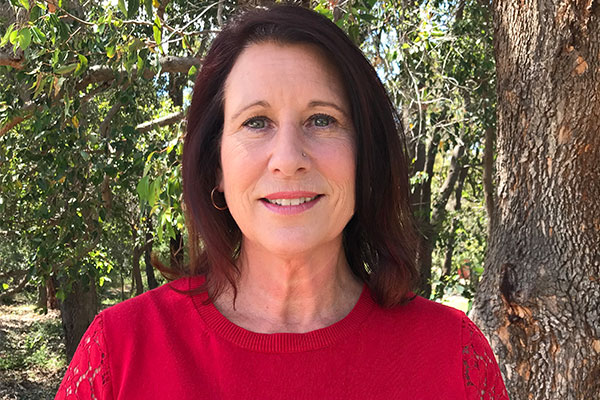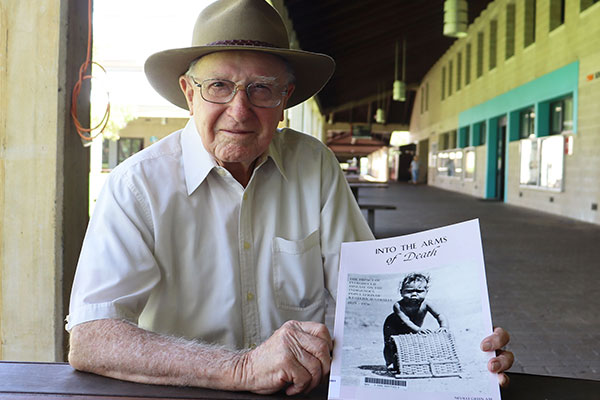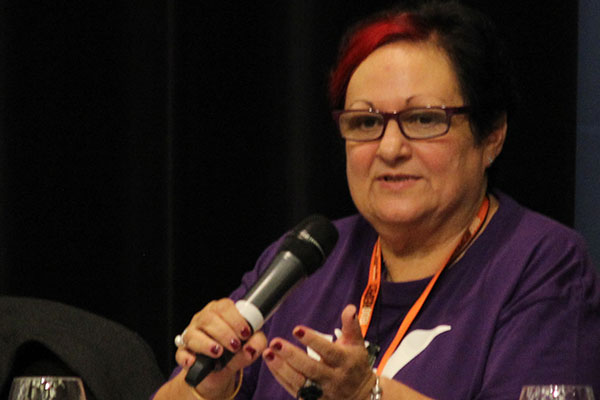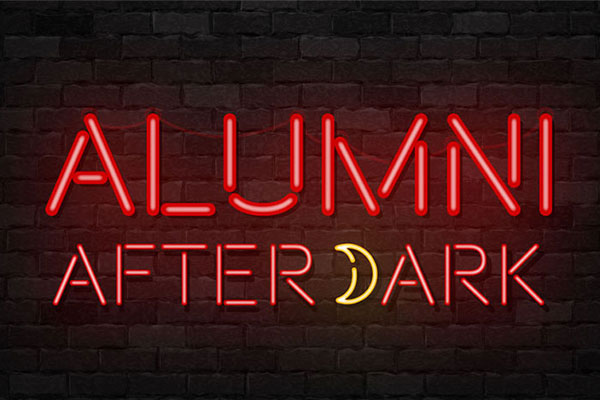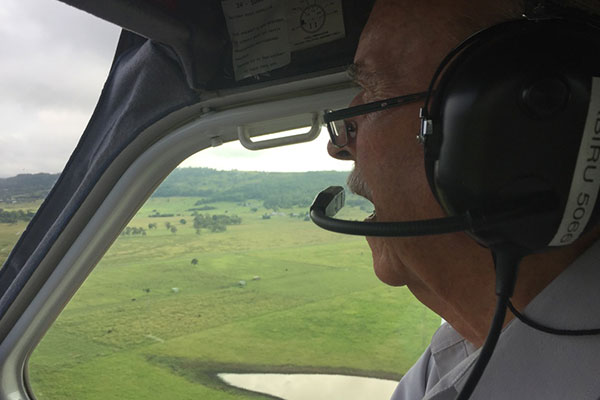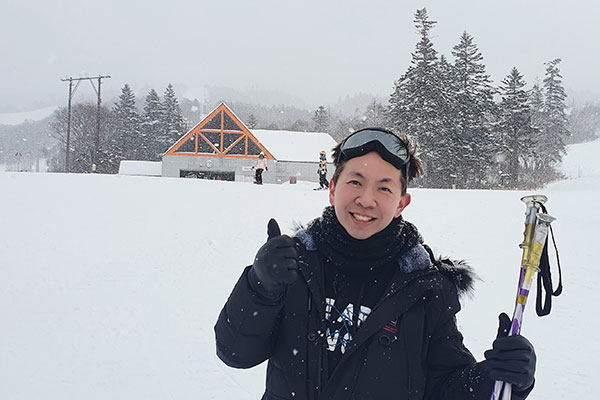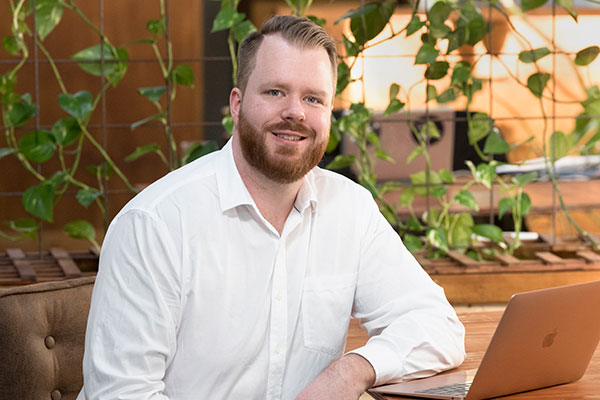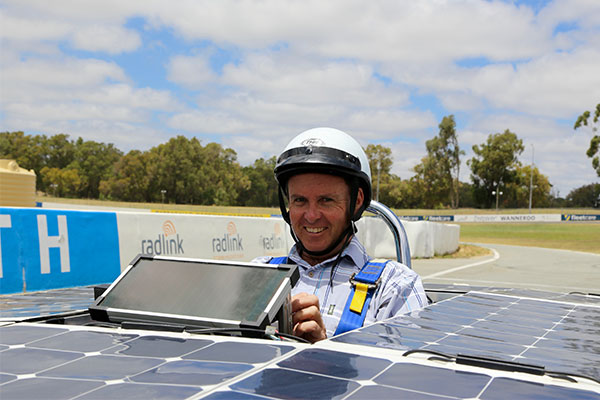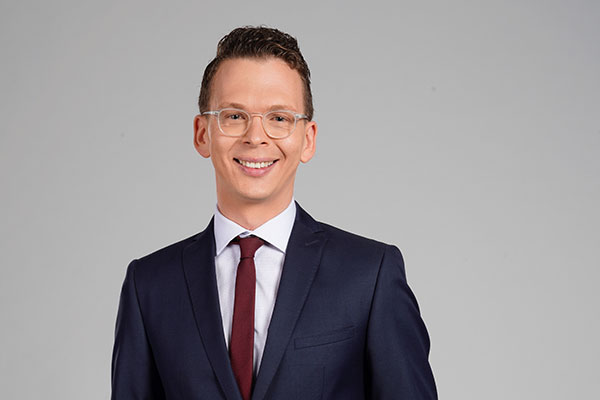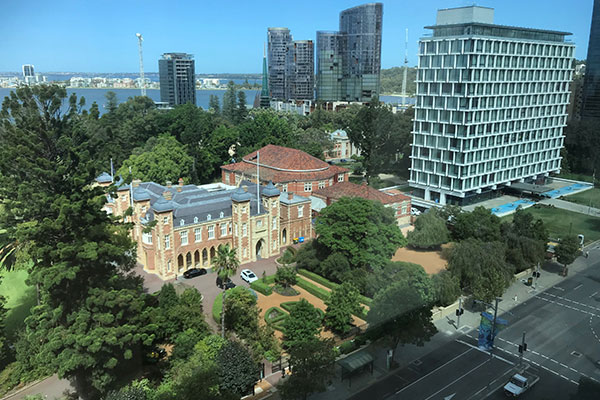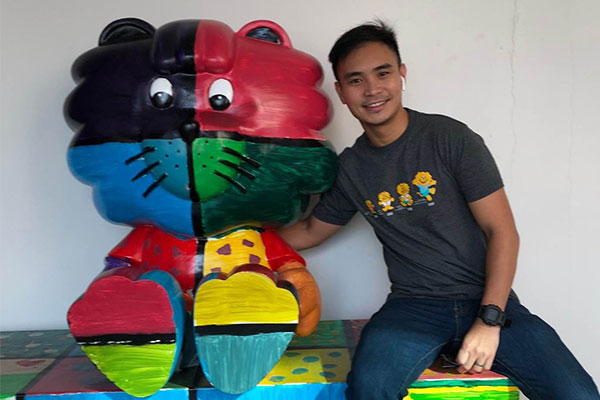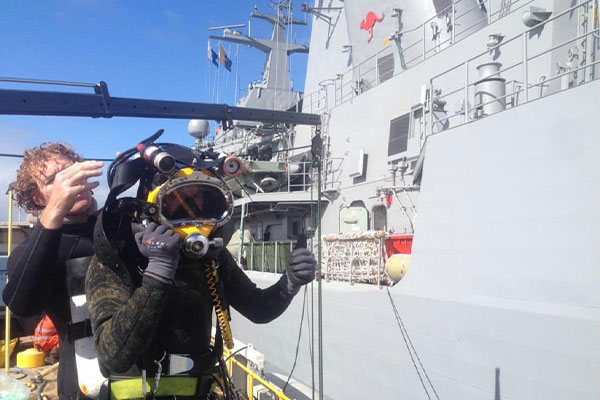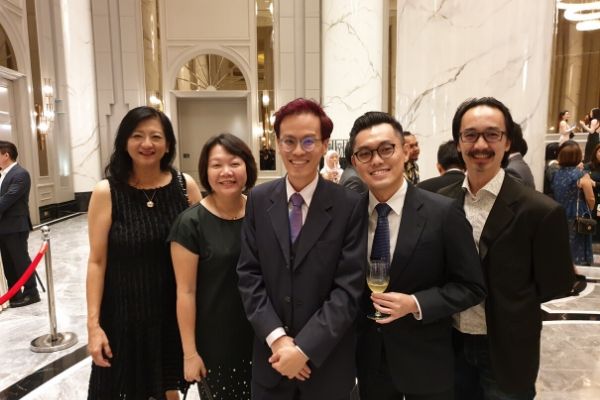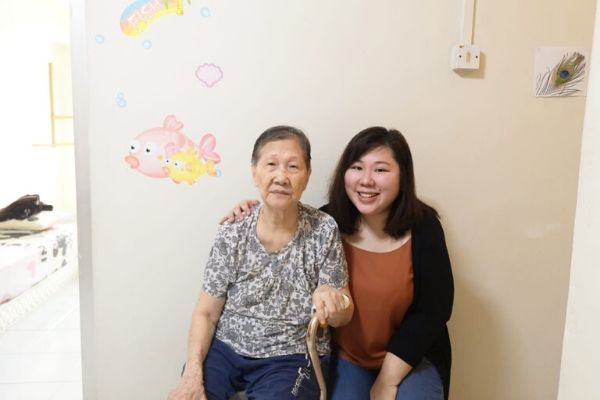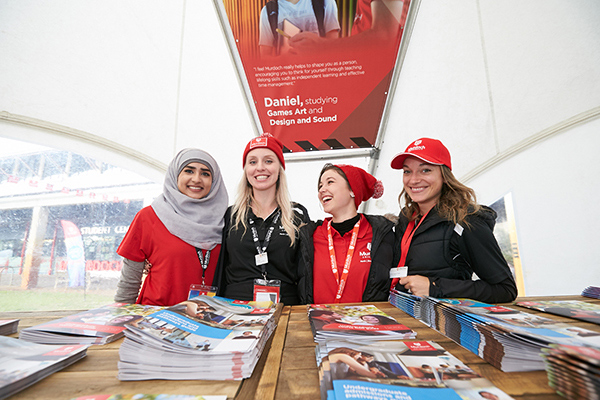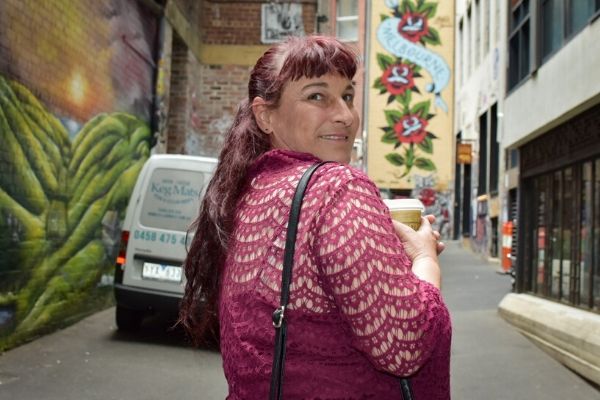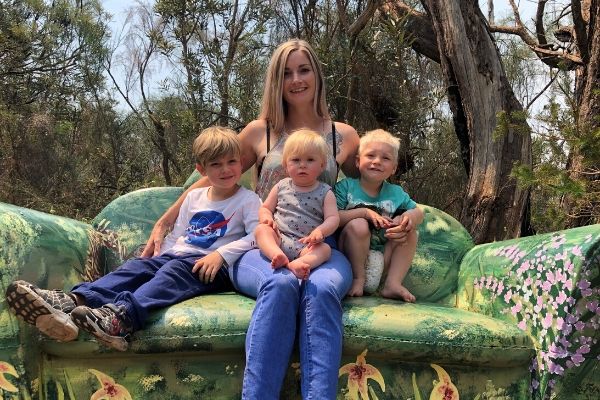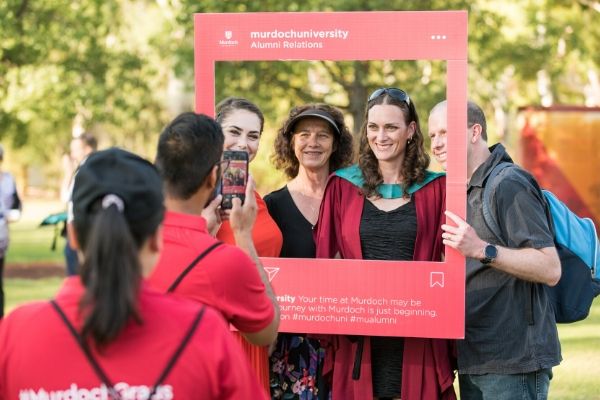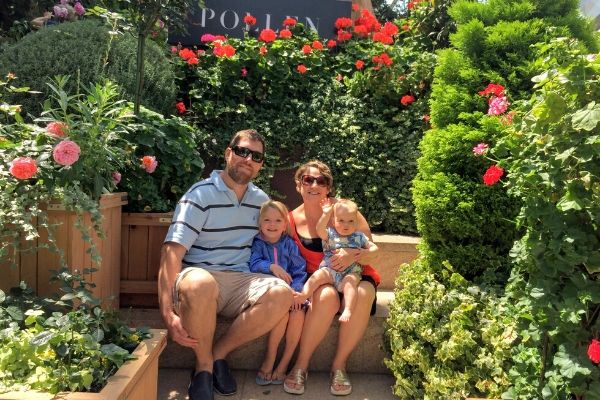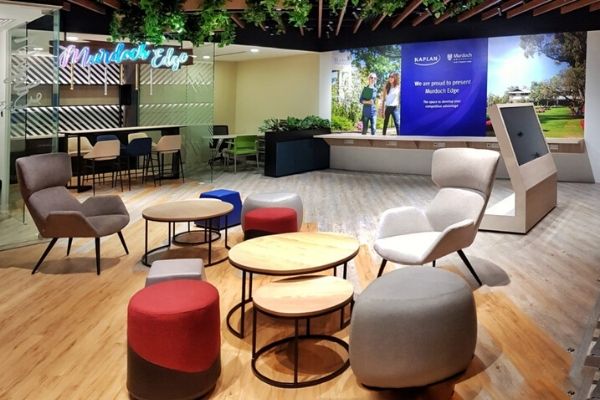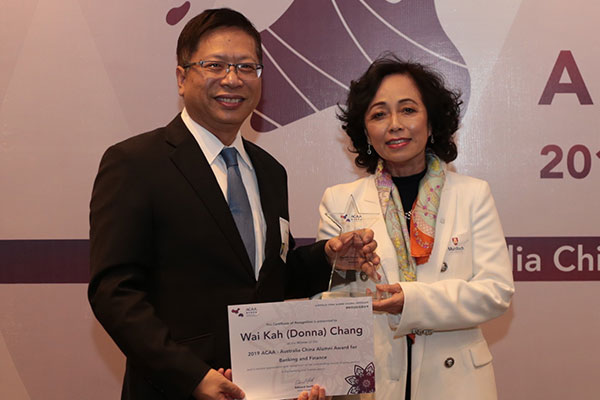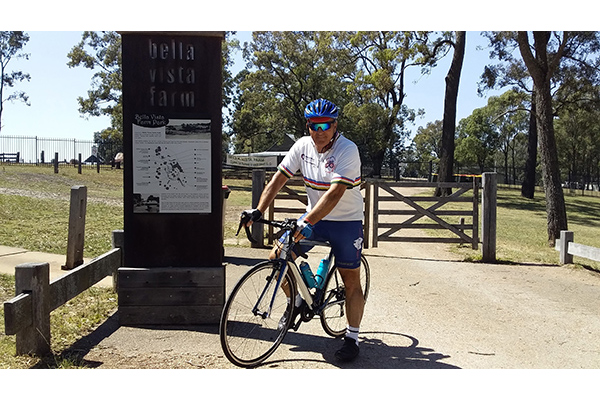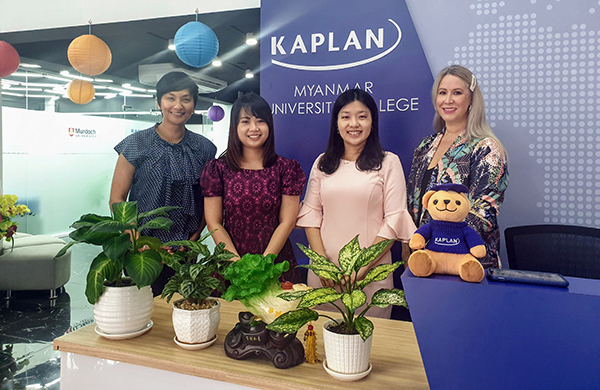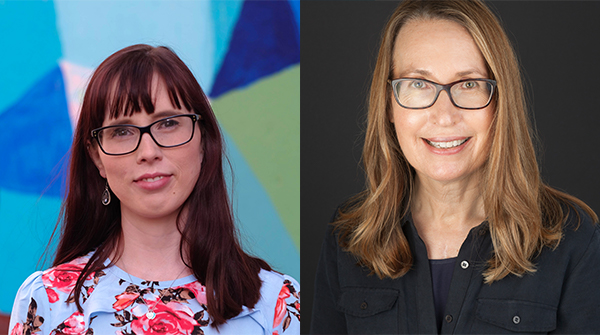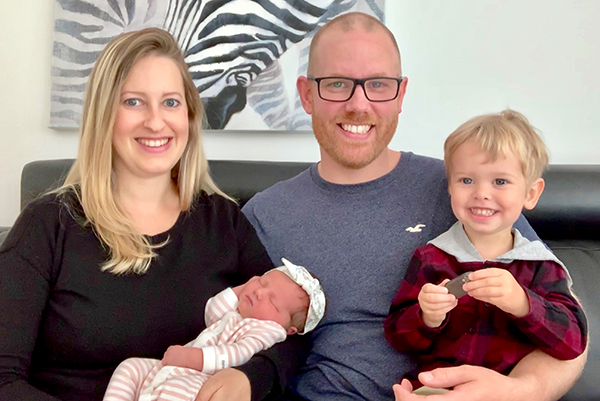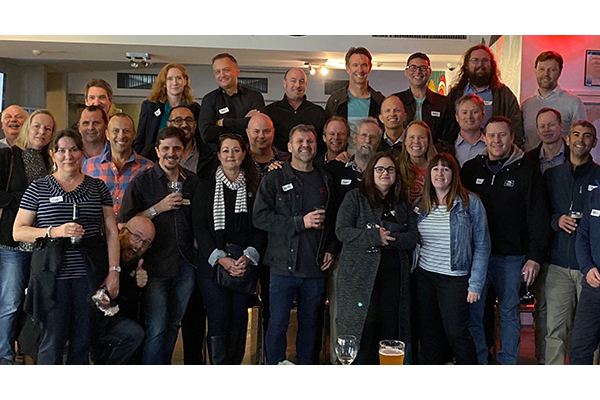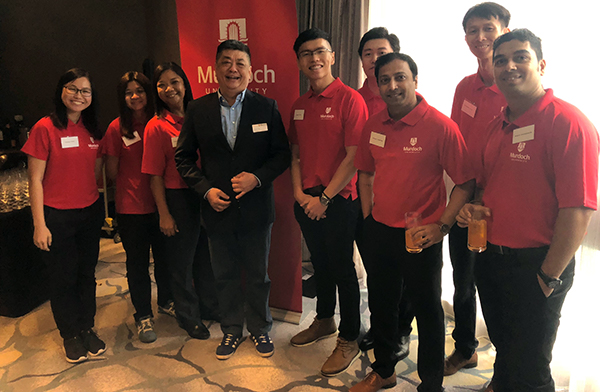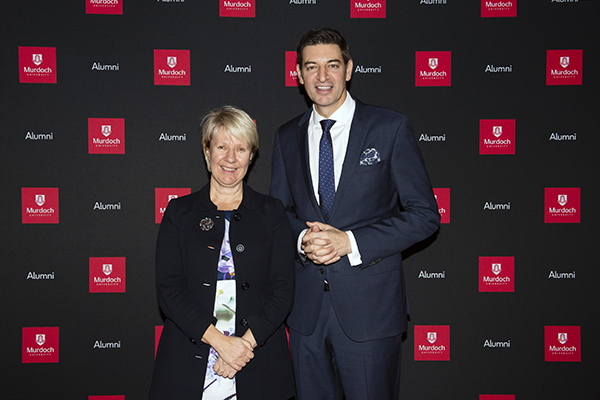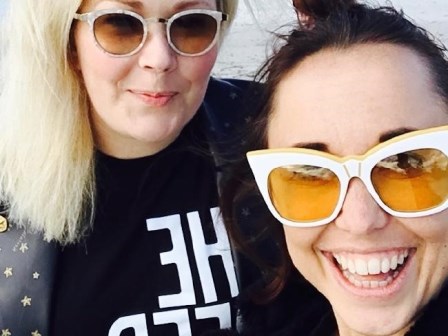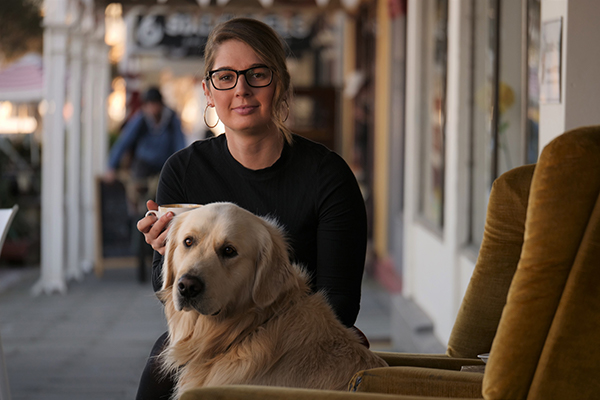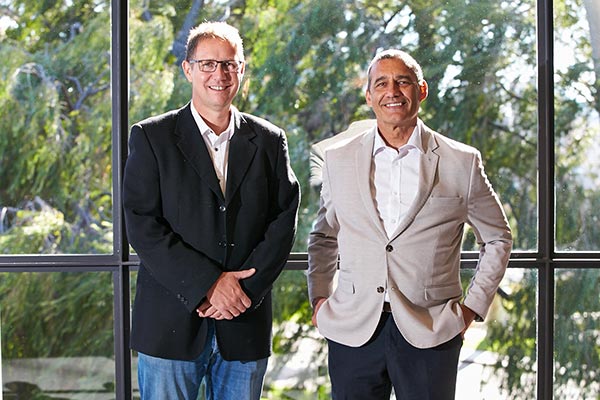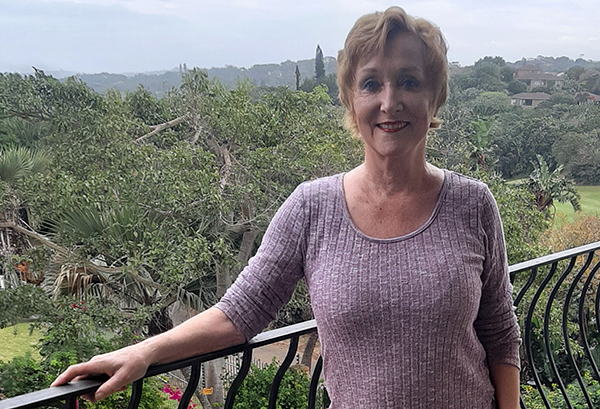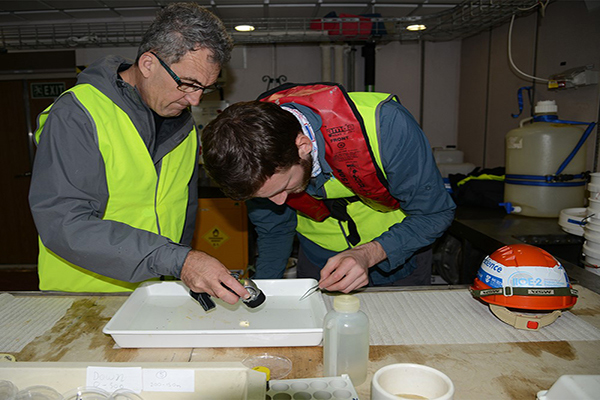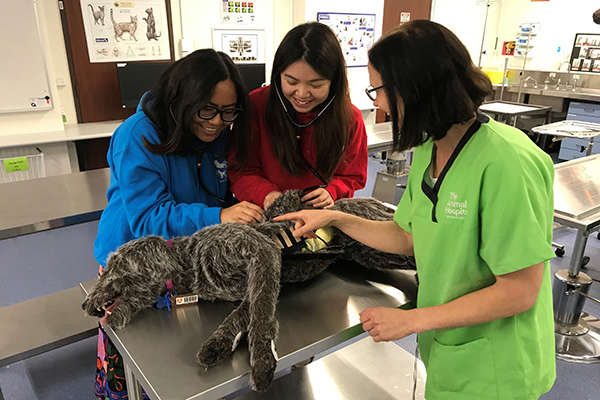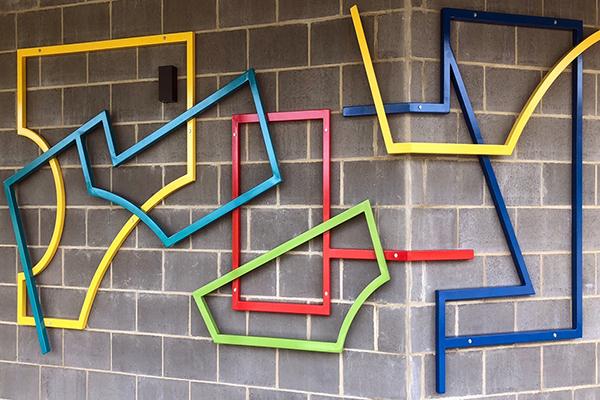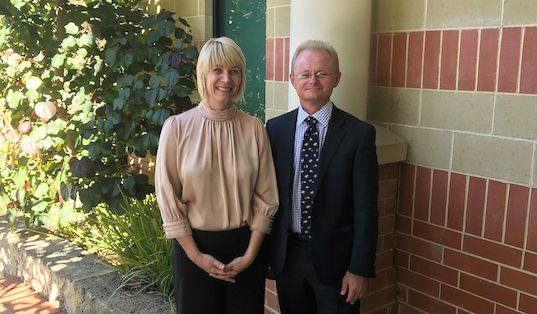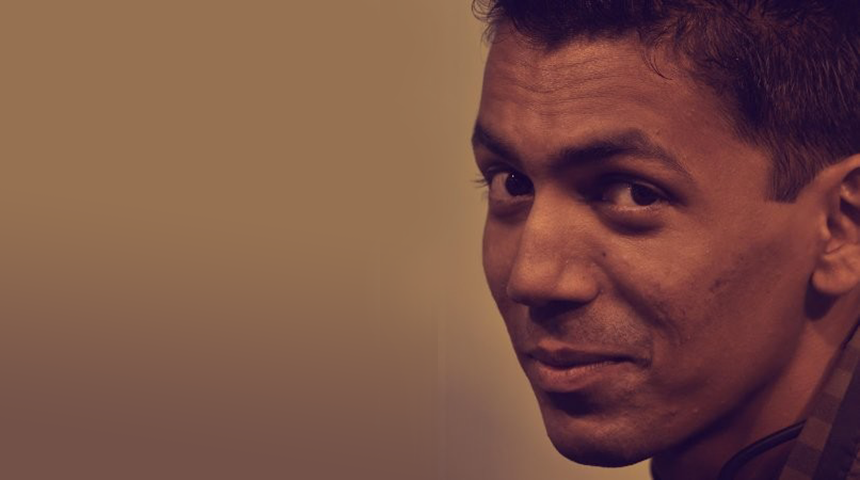
IT engineer uses post graduate offer for professional development.
Murdoch Singapore alumnus Savio Fernandes (B. IT 2017) shares his experience in the technology sector and his motivation to pursue a Double Masters in Master of Business Administration and Master of Information Technology.
What did you study at Murdoch and what do you do now?
I graduated in 2017 with a Bachelor of Information Technology in Cyber Security and Forensics and Computer Science (Double Major). Right now, I am working as a Lead DevSecOps engineer at a healthcare startup in Singapore. The role mainly involves converting the technical requirements of a project into architecture and design. It is to guide the final product, while bridging the divide between complex business problems and cloud-based solutions, all while paying critical attention to security principles.
I previously worked at Disney Lucasfilm’s Tech team in Singapore, where I got the opportunity to work on a couple of Hollywood movies, including Avengers: Endgame (IMDB).
What do you think is Murdoch’s point of difference compared with other universities?
Given my long work hours, the undergraduate course’s flexibility in terms of modules, electives, and schedule made it an easy choice for me, as the learning fitted my work schedule. Today, among other responsibilities and time commitments, I am again pursuing my postgraduate degree with Murdoch for similar reasons of flexibility and positive reviews of the university.
What was your motivation to pursue your postgraduate qualification?
I am currently pursuing my Master of Business Administration – Master of Information Technology ( Artificial intelligence and Data science) from Murdoch University. There is a big focus in the industry on building up our skills in preparation for the workforce. After completing my bachelor’s degree, I have been on the lookout for a good postgraduate degree that contains a good mix of business and tech, and at the start of this year I finally made the choice to kickstart my postgraduate journey.
What drew you to working in the technology sector? Any particular intriguing experiences you would like to share?
I’ve always been interested in art and science, and the majority of my early work experience involved technology in an artist-driven industry. Over the years, I was convinced to embark on a career in technology, and hence I made a move after graduating. Looking back, I can say it was an excellent choice since the sector’s growth speaks for itself with fantastic career and self-growth opportunities.
What have been some of the big changes in your line of work given the COVID-19 threat?
The same challenges are faced globally with working from home and structuring new ways to engage teams at work. It is harder to lead a distributed and isolated squad than before. When your personal and work lives are both under the same roof, it is hard to balance both aspects of life. It has been a constant cycle of change and learnings over the last year to maintain a work-life balance with the same effectiveness as pre-Covid.
What is the best piece of advice you’ve received?
Whether for skill growth or career advancement, lifelong learning will do wonders for your technical and personal development. Concentrate on what you want to do in the future, and your education will have a significant effect on your job. Learning, as the saying goes, is a never-ending operation. People require lifelong learning to advance their skills and remain active in a constantly changing work environment. Find a way to bring at least one of them into your life for job development, whether it’s returning to university, taking online classes, or attending industry-specific seminars and workshops.
Who inspires you?
One of the people who has been an inspiration is Peter Norvig. I first learned about AI from his book, “Artificial Intelligence: A Modern Approach.” This has motivated me to begin studying artificial intelligence in depth. A new inspirational podcast has been released that discusses the evolution of deep learning, his industry-defining book, experiences at Google, and his predictions for the future of machine learning.
To stay connected with Murdoch University, please find out more here.
